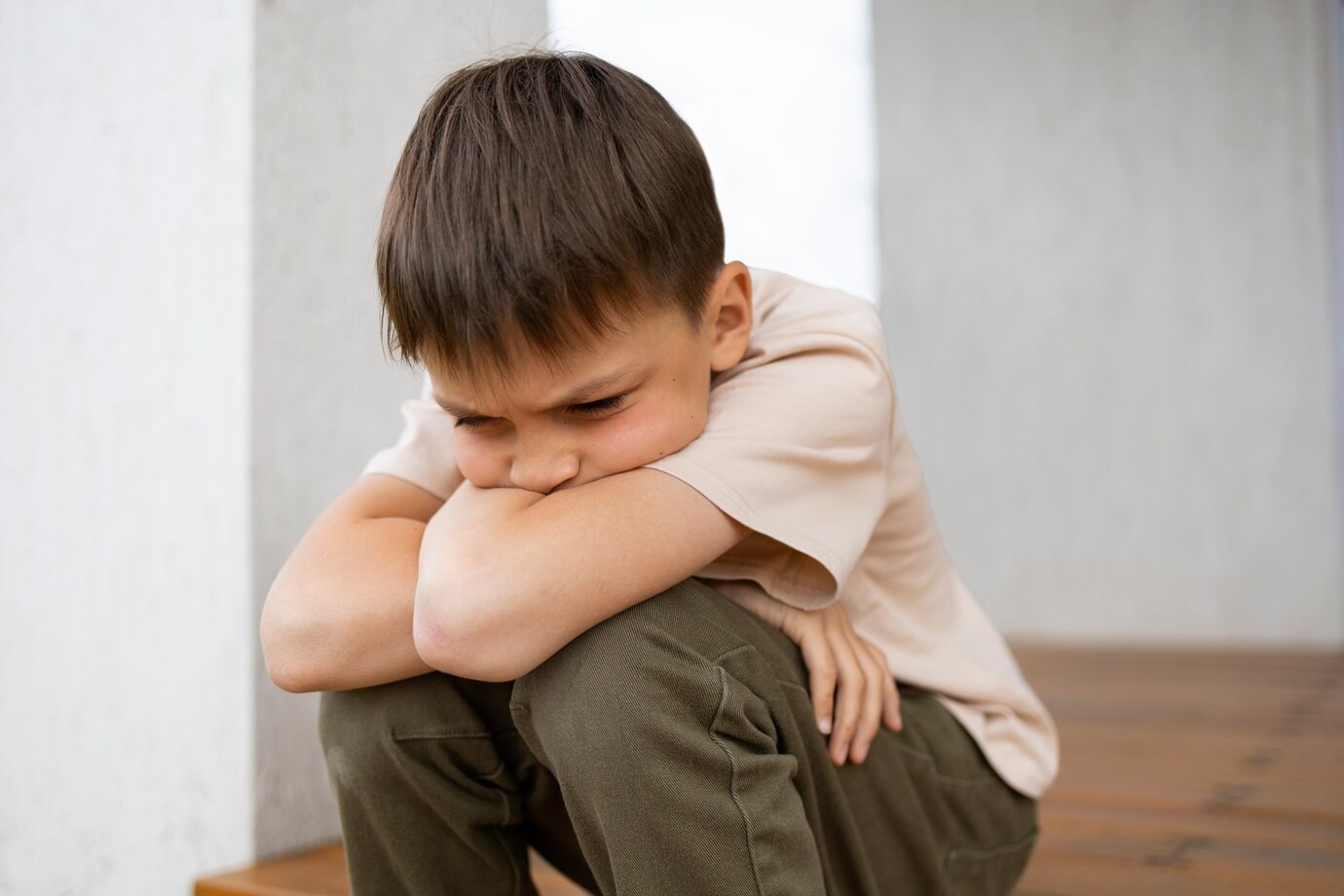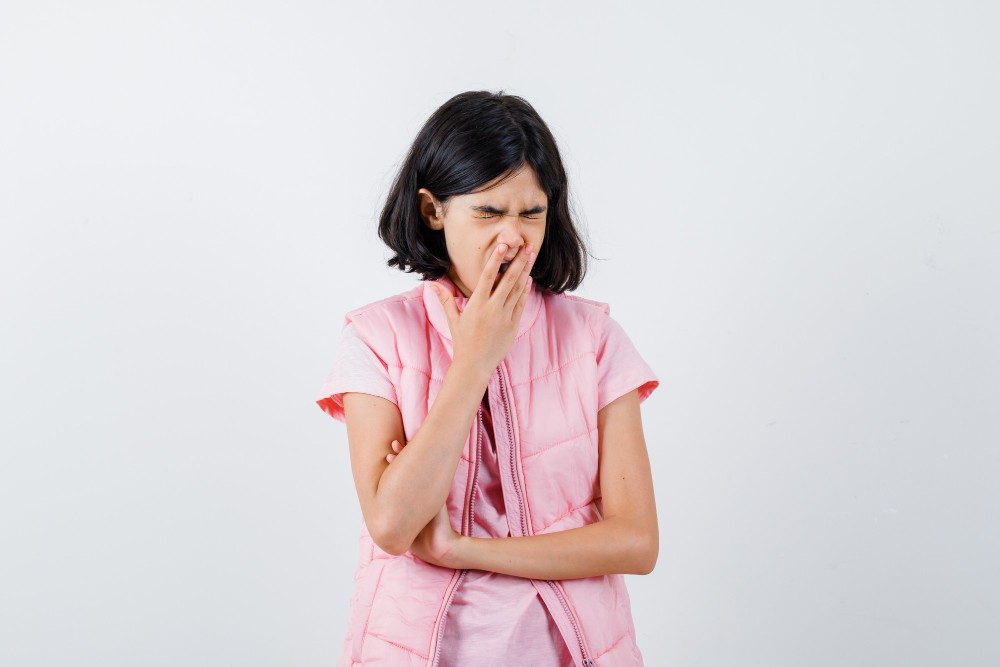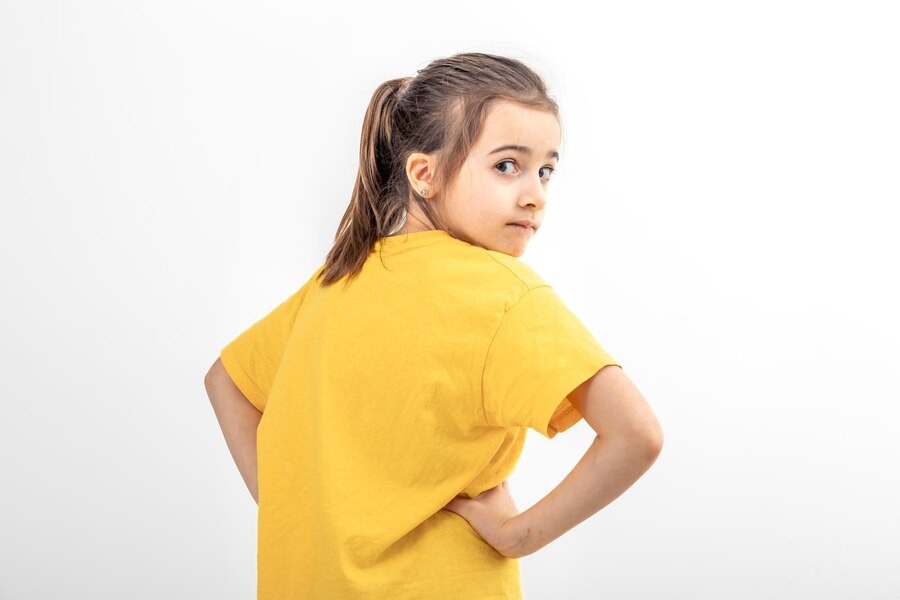Anak-anak terkadang penasaran ingin mencoba apa yang diminum orang tuanya, termasuk kopi. Namun sebenarnya, bolehkah anak-anak minum kopi dan apa efek minum kopi bagi kesehatannya? Artikel berikut akan membahas usia berapa anak-anak boleh minum kopi dan berapa takaran kopi yang aman bagi anak-anak.
Bolehkah Anak-Anak Minum Kopi?
Kopi merupakan minuman yang mengandung kafein, yaitu stimulan yang bekerja dengan menstimulasi otak dan sistem saraf pusat sehingga seseorang dapat tetap waspada. Efek minum kopi dapat berbeda-beda pada setiap orang, tergantung dari sensitivitas kafein masing-masing individu.
Beberapa efek samping mengonsumsi kafein secara umum antara lain:
- Kebingungan
- Sakit kepala
- Otak lebih waspada
- Jantung berdebar
- Heartburn
Hingga saat ini belum ada acuan resmi dari badan kesehatan mengenai batasan usia dan takaran minum kopi untuk anak-anak.
American Academy of Child & Adolescent Psychiatry (AACAP) merekomendasikan untuk tidak memberikan kopi dan minuman berenergi yang mengandung kafein pada anak di bawah usia 12 tahun. AACAP juga merekomendasikan dosis maksimal kafein untuk anak usia 12-18 tahun adalah sekitar 100 mg per hari.
Sementara itu, dilansir dari John Hopkins Medicine, otoritas kesehatan Kanada mengungkapkan anak bisa minum kopi sejak usia 4 tahun dengan dosis 45 mg atau sekitar setengah cangkir kopi.
Baca Juga: Mengapa Mual Setelah Minum Minuman Berkafein?
Efek Minum Kopi pada Anak-Anak
Meskipun acuan konsumsi kafein pada anak berbeda-beda, namun orang tua dianjurkan untuk tidak memberikan minuman berkafein pada anak, termasuk teh, minuman bersoda, dan minuman berenergi secara berlebihan. Hal ini disebabkan oleh anak-anak lebih rentan terhadap efek kafein dan anak-anak mungkin belum mampu mengetahui kapan harus berhenti minum kafein. Akibatnya, anak-anak dan remaja rentan mengalami kelebihan kafein.
Beberapa efek minum kafein pada anak-anak antara lain:
Gangguan tidur
Salah satu efek samping paling umum dari mengonsumsi kafein adalah gangguan tidur. Anak yang minum kopi di sore hari berisiko mengalami sulit tidur, sering terbangun, dan durasi tidur yang lebih pendek secara keseluruhan. Pada usia pertumbuhan, anak-anak yang kurang tidur berisiko mengalami gangguan seperti:
- Gangguan belajar
- Gangguan pencernaan
- Gangguan emosional
- Sulit tumbuh tinggi
Masalah kesehatan mental
Kafein bekerja dengan menstimulasi sistem saraf pusat sehingga membuat tubuh menjadi lebih waspada dan berkonsentrasi. Namun, jika anak mengonsumsi terlalu banyak kafein, hal ini dapat berdampak pada kesehatan mentalnya. Anak yang mengonsumsi kafein rentan mengalami depresi, stres, dan gangguan kecemasan.
Baca Juga: Cara Menghilangkan Kantuk Tanpa Kafein
Hiperaktif
Kopi mengandung kafein yang bersifat stimulan dan membuat otak waspada. Kopi juga dapat memicu adrenalin sehingga anak-anak menjadi lebih bersemangat. Pada beberapa anak, efek ini dapat memicu anak untuk bersikap hiperaktif dan mungkin kurang berhati-hati sehingga memicu cedera.
Memicu ketergantungan
Pada orang dewasa, konsumsi kafein dapat memicu ketergantungan, begitu juga pada anak-anak. Inilah yang menyebabkan Anda sulit berhenti minum kopi jika tubuh sudah terbiasa minum kopi setiap harinya.
Ketika Anda berhenti mengonsumsi kafein secara tiba-tiba, hal ini dapat menyebabkan badan gemetar, mudah marah, dan sakit kepala. Oleh karena itu, sebaiknya tidak membiasakan anak-anak untuk mengonsumsi kopi agar tidak menyebabkan kecanduan.
Memicu kelebihan asupan gula
Kopi memiliki rasa yang pahit sehingga banyak orang mengonsumsinya dengan menambahkan gula. Penambahan gula pada minuman yang sering dikonsumsi setiap hari dapat memicu obesitas dan risiko diabetes.
Meskipun kopi memiliki berbagai manfaat bagi kesehatan dan membantu Anda meningkatkan produktivitas, namun sebaiknya hindari memberikan kopi pada anak-anak. Efek samping memberikan kopi pada anak-anak dapat menyebabkan gangguan tidur, gangguan konsentrasi, dan gangguan kesehatan lainnya.
Jika Anda memiliki pertanyaan seputar kesehatan dan gizi anak, sebaiknya konsultasikan ke dokter atau ahli gizi. Anda juga bisa memanfaatkan fitur konsultasi yang tersedia pada aplikasi Ai Care.
Mau tahu informasi seputar nutrisi, makanan dan tips diet lainnya? Cek di sini, ya!
- dr Nadia Opmalina
Family Doctor. (2022). Caffeine and Kids. Available from: https://familydoctor.org/caffeine-and-kids/
John Hopkins Medicine. Is Coffee Bad for Kids?. Available from: https://www.hopkinsmedicine.org/health/wellness-and-prevention/is-coffee-bad-for-kids
Cleveland Clinic. The Young and the Restless: Why Kids Should Avoid Caffeine. Available from: https://health.clevelandclinic.org/is-caffeine-bad-for-kids
Perry, C. (2024). Is It OK To Let Your Kid Drink Coffee?. Available from: https://www.parents.com/can-kids-drink-coffee-5323621












